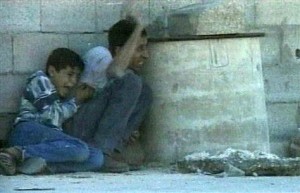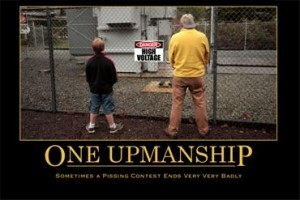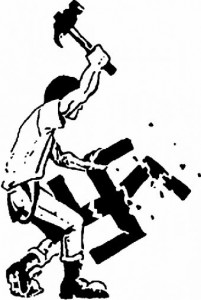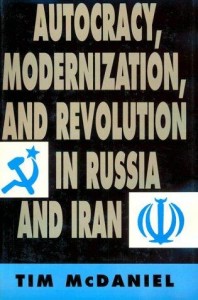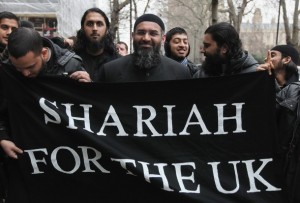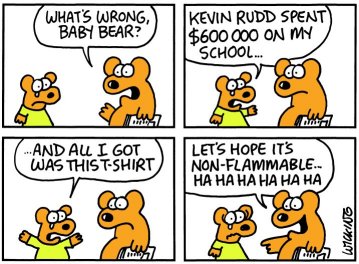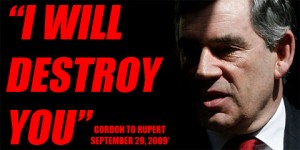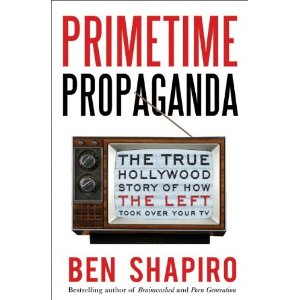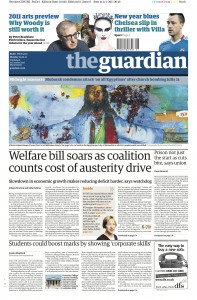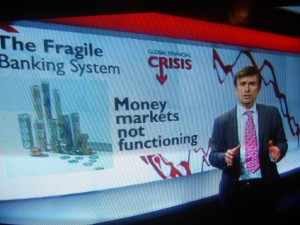‘The Long View’ on R4 this morning discussed nations who ignore carnage and human rights violations in other countries because they support the country committing the violence.
The examples compared were Syria today and Putin’s Russia blocking moves to change regime there, and the Ottoman Empire attacking Bulgaria in 1876 whilst Britain turned a blind eye because the Turks were a buffer preventing Russian encroachment into the Balkans and the Middle East.
That’s almost by the by and all very interesting but there was another thread…that of the effect of the media on government policy….The British ‘Daily News‘, a liberal paper reporting on atrocities from Bulgaria made it difficult for the British government to carry on ignoring events and eventually they were forced to intervene.
The Syrian ‘civil war’ is perhaps an unusual choice. The Syrian conflict has only been going for a few months and therefore there has been relatively little historic media coverage and seen little commensurate change in public opinion and government policy…unlike say in Israel.
The war against Israel has been continuing for over 60 years and in that time the effect of media coverage is perhaps one of the most striking aspects of the conflict.
The media coverage itself is highly controversial and has sparked many inquiries…such as the BBC’s secretive Balen Report.
It is odd that a very recent conflict such as Syria’s should suddenly be the subject of a BBC discussion on the power of the media when there is a much more obvious and powerful example in Israel.
BBC reporter Paul Wood told us ‘What a powerful medium television is…a single image can change people’s perceptions…it can change the whole conversation.’
He was asked ‘Do you attempt to move Public and Political opinion?’
He replied ‘You become a government employee, a propagandist if you do so’…but he was happy if his reporting had an impact…‘and we are all shallow egotists…we try to be impartial but we like to make an impact.’
He went on to say that in Yugoslavia there was a false report of a massacre that went out on the news services….but once established as false it is too late…‘People forget the attribution but they remember the ‘massacre”
…and of course I suspect some news services know this and publish regardless because they know even after a retraction the image or idea is still out there in the minds of viewers and readers…that little suspicion that always makes them doubt.
His final point was ‘Crucially you have to get it right.’
The problem of course is that so often BBC journalists don’t get it right…don’t even attempt to get it right…no one can forget Orla Guerin’s pro Palestinian propaganda from Jenin.
The effect of French TVs showing of the staged death of Muhammed al Durra and blaming Israeli soldiers, but likely killed by other Palestinians and not Israelis, set the scene for the second Intifada and the subsequent Israeli invasion of Gaza….which then, due to adverse media coverage, led to massive anti-Jewish feeling around the world.
The BBC’s coverage of Israeli actions has been unremittingly hostile to Israel and highly critical whilst ignoring or downplaying Palestinian atrocities.
This plays out into the wider world and is why schools in the UK have to have security guards, security fencing and bomb proof glass….in contrast the BBC panders to Muslim sensibilities and fails entirely to challenge Muslim assertions and explanations about their actions.
When a single image can change people’s perceptions and ‘the whole conversation’ it is crucial that they get it right and not start off a violent chain reaction resulting from either a single careless image or deliberate misreporting.
People die because reporters lie.


